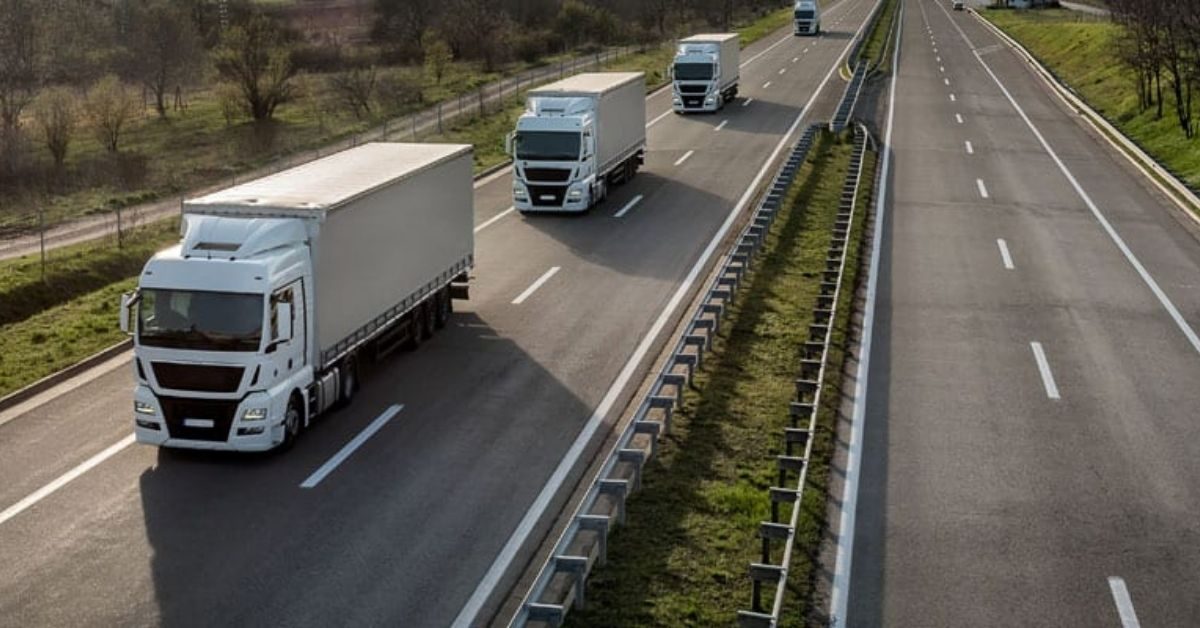Currently, the company’s EV programme is operational in key cities across the country including Delhi, Kolkata, Bangalore, Mumbai, Hyderabad, Pune, Siliguri and Patna. As of now over 30,000 trips annually are being made through these EVs and this programme is now being steadily expanded.
The company said it has prioritised EV use for last mile deliveries as primarily it requires smaller-sized vehicles to cover shorter travel distances.
In a statement, B Sumant, Executive Director, ITC Ltd said, “ITC embarked on its sustainability journey a few decades ago and today, we stand at the forefront of the movement to integrate sustainability into every facet of business operations. The introduction of electric vehicles is yet another pivotal step in greening our value chain.”
Green Logistics
“Moreover, it serves as a catalyst for promoting planet friendly interventions aimed at transitioning to a net zero economy. As we move ahead, we are committed to scaling up our Green Logistics efforts significantly in line with our bold and ambitious Sustainability 2.0 Vision in order to contribute to a greener and cleaner earth,” he added.
He said that this initiative is also aligned with the Government’s net zero emission commitments and its Gati Shakti master plan that promotes the use of green logistics.
As a part of its Sustainability 2.0 agenda, ITC aims to meet 50 per cent of its total energy needs with renewable sources by 2030. Currently, 43 per cent of ITC’s total energy requirements are being fulfilled by renewables ITC is working with various EV aggregators and OEMs for its green logistics programmes. “The integration of electric vehicles (EVs) into the final leg of the company’s value chain will significantly reduce carbon footprint, while also enhancing cost competitiveness. This shift towards EVs will translate into annual savings on fuel expenditure,” the company added.








